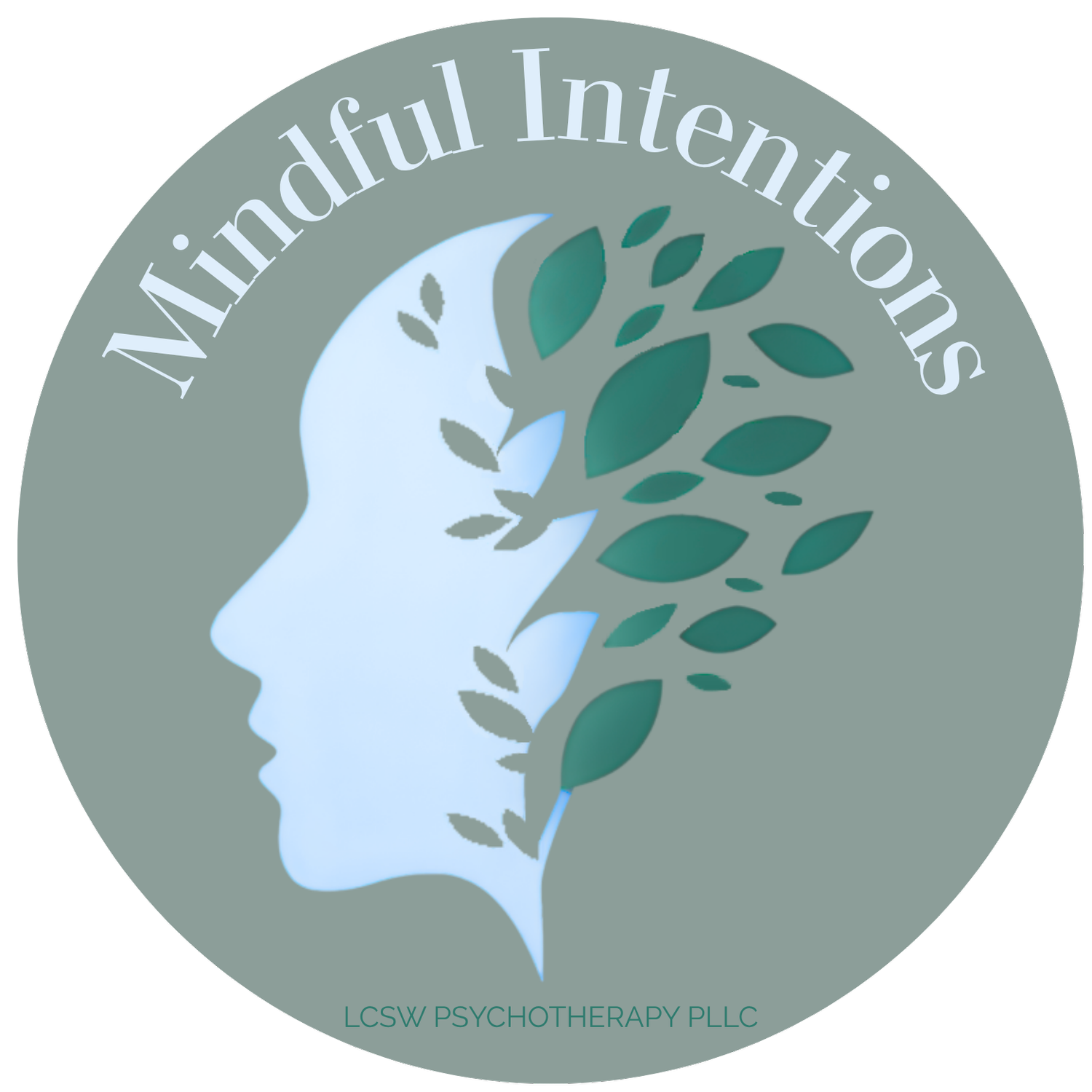Chronic Pain / Illness
Living with chronic pain and/or illness doesn’t just affect your body—it affects your entire life, including your emotional and mental well-being. When pain is ongoing and unpredictable, it can wear down your energy, disrupt sleep, limit activities you once enjoyed, and create feelings of frustration, grief, or hopelessness. Many people experience increased anxiety, depression, irritability, or even a loss of identity as they struggle to adjust to what life looks like now. Over time, pain can make the world feel smaller—leading to isolation, difficulty concentrating, strained relationships, and a constant battle between wanting to push through and needing to rest. It's not uncommon to feel misunderstood, especially when others can’t see or fully grasp the toll pain takes on your mind and spirit.
Therapy offers a space to process the emotional weight of chronic pain and rebuild a sense of control, purpose, and self-compassion. You don’t have to pretend it’s not hard—and you don’t have to navigate it alone.
How We Can Help
Treating the emotional and mental impact of chronic pain and/or illness in therapy starts with acknowledging that your pain is real, complex, and deeply connected to your thoughts, emotions, and daily experiences. The goal of therapy isn’t to eliminate the physical pain itself, but to help you change how you relate to it—so it no longer controls your life as fully. We begin by exploring how pain has affected your mood, routines, relationships, identity, and sense of control. Often, people living with chronic pain experience anxiety, depression, grief, anger, or isolation, which we gently begin to unpack together.
Therapy focuses on developing coping strategies and emotional resilience. Depending on your needs, we might draw from approaches like Cognitive Behavioral Therapy (CBT), Acceptance and Commitment Therapy (ACT), or mindfulness-based practices to help you manage negative thought patterns, reduce stress, and reconnect with what matters to you—even in the presence of pain. We’ll also work on pacing, setting realistic goals, practicing self-compassion, and navigating the fear or guilt that can come with fluctuating physical ability. For many, therapy becomes a space to grieve changes in their body, express frustration without judgment, and reclaim a sense of meaning, identity, and choice in daily life.
This process is gentle and collaborative—there’s no “right” way to move forward, only the next small step that feels possible for you. With time and support, many people find greater emotional balance, improved coping, and a deeper sense of agency, even when pain persists.
